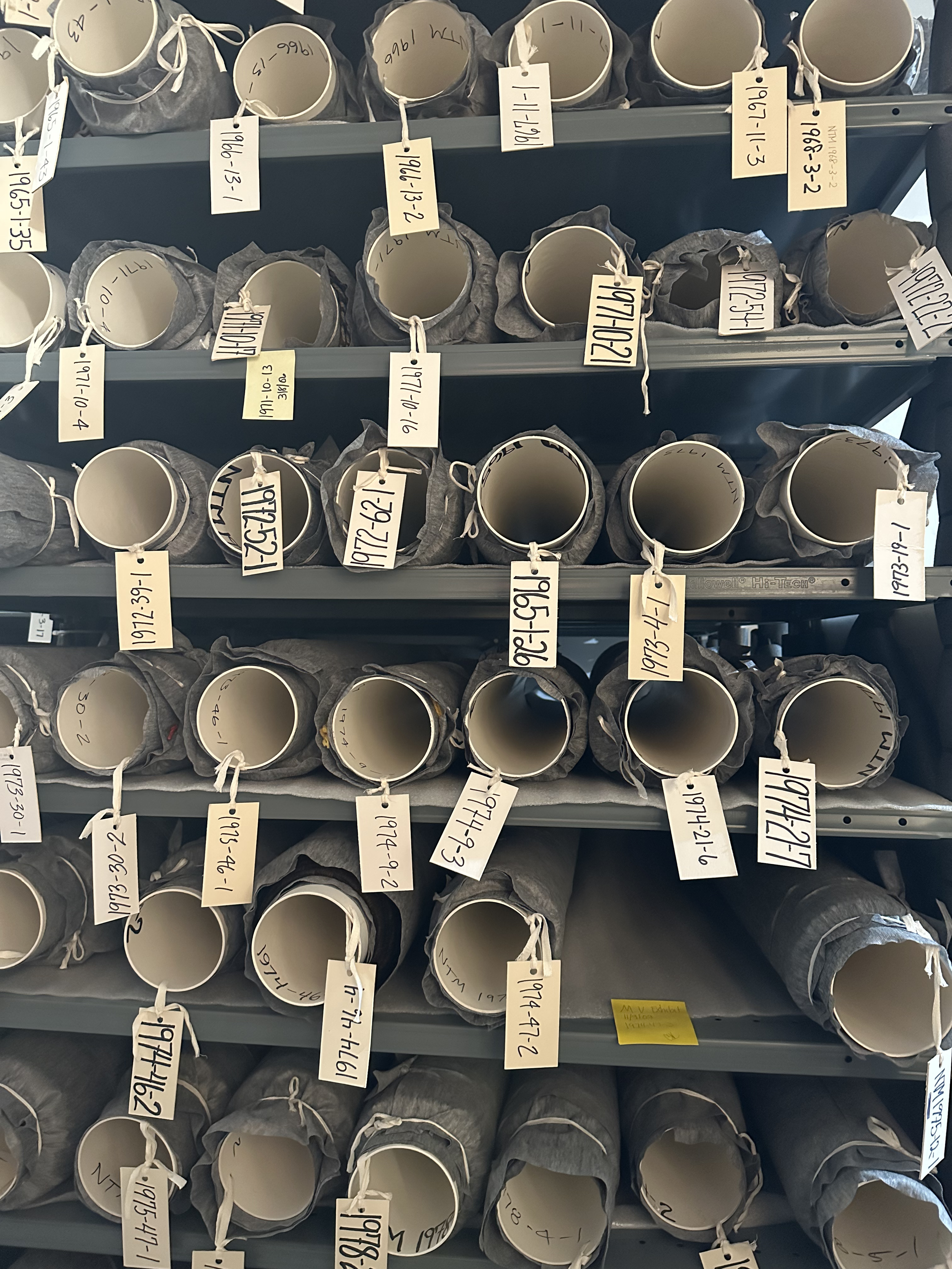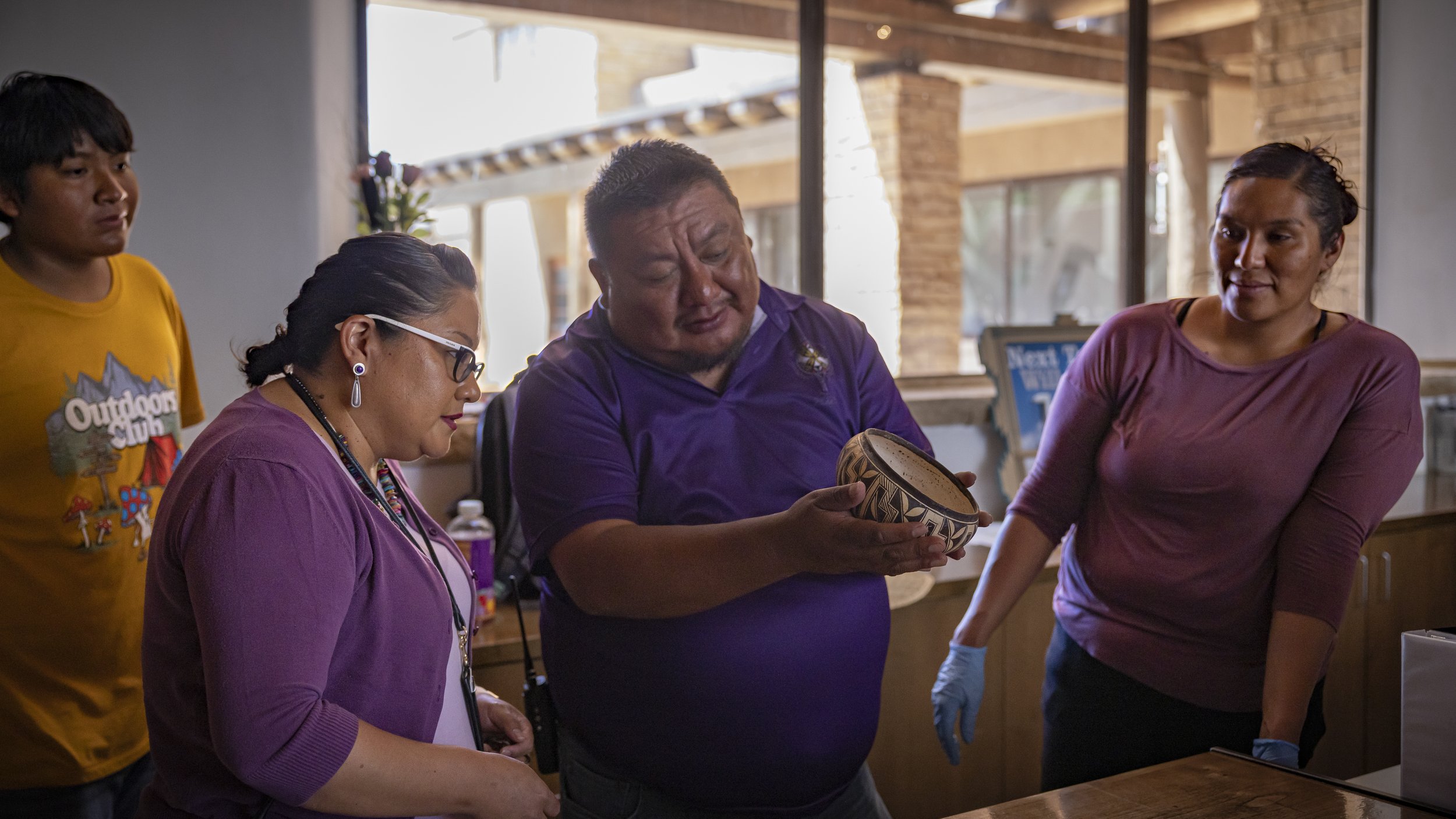What is Repatriation?
Repatriation is the process whereby human remains and certain types of cultural items are returned to lineal descendants, Indian tribes, and Native Hawaiian organizations.
Source: National Museum of the American Indian
In this context, repatriation is returning Native American cultural objects to community members or tribal governments.
Organizations that receive federal funding are bound by a 1990 law to return human remains and sacred objects. Individuals are not bound by the law, but might find it useful to read here.
How to Repatriate
A good place to start is to contact the historic preservation officer for the tribe from which you think the object came. I called, emailed, faxed and wrote letters to each officer enclosing photos of the objects—I had the most responses from posted letters.
Curators of Native American art can help identify objects and contact tribal communities.
Johanna Minich is a museum curator with over 15 years of experience working with Native American art collections. Repatriation is an important part of the work she does, and she's begun assisting individual clients in repatriating their personal collections of Native American art. She can help identify objects in collections and guide initial contacts with tribal communities to inquire about their return.
National Museum of the American Indian
Resources
Friends Committee on National Legislation
Reclaiming Identity: The Repatriation of Native Remains and Culture






